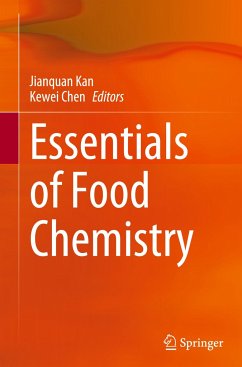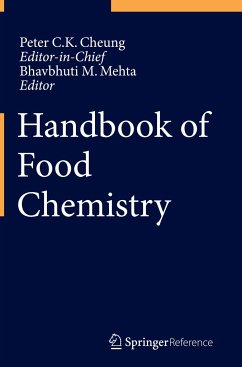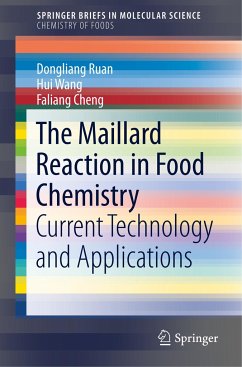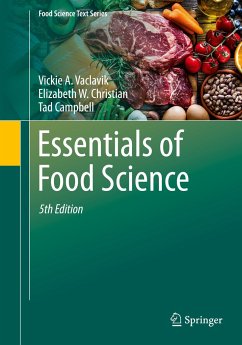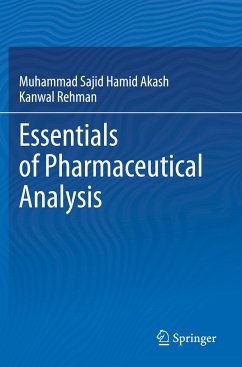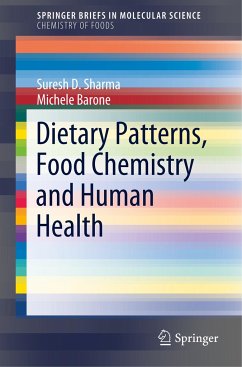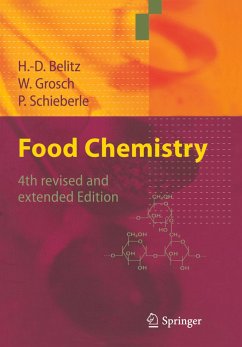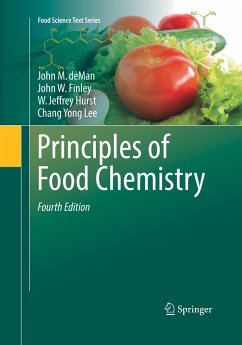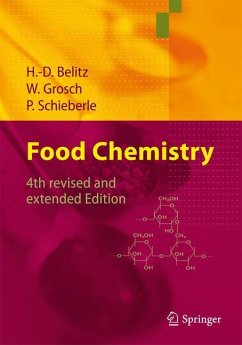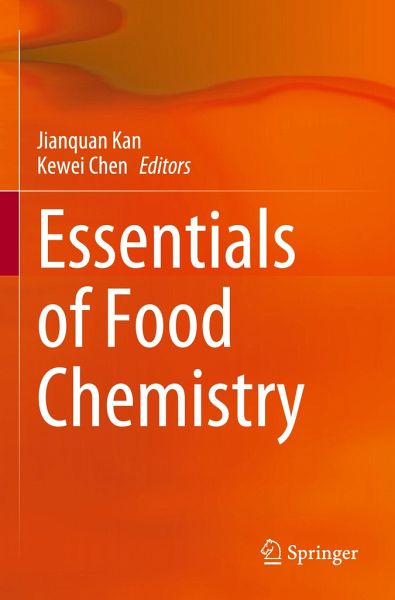
Essentials of Food Chemistry
Versandkostenfrei!
Versandfertig in 6-10 Tagen
46,99 €
inkl. MwSt.

PAYBACK Punkte
23 °P sammeln!
This book presents fundamental and practical information on food chemistry. Using 2-D barcodes, it illustrates the specific reactions and potential transformation mechanisms of food constituents during various manufacturing and storage processes, and each chapter features teaching activities, such as questions and answers, and discussions. Further, it describes various local practices and improvements in Asia. Divided into 12 chapters covering individual nutrients and components, including water, proteins, carbohydrates, lipids, vitamins, minerals, enzymes, pigments, flavoring substances, addi...
This book presents fundamental and practical information on food chemistry. Using 2-D barcodes, it illustrates the specific reactions and potential transformation mechanisms of food constituents during various manufacturing and storage processes, and each chapter features teaching activities, such as questions and answers, and discussions. Further, it describes various local practices and improvements in Asia. Divided into 12 chapters covering individual nutrients and components, including water, proteins, carbohydrates, lipids, vitamins, minerals, enzymes, pigments, flavoring substances, additives, and harmful constituents, it addresses their food chemistry, as well as their transformations during manufacturing processes, and typical or advanced treatments to improve food quality and safety.
This book helps college students to gain a basic understanding of nutrients and food components, to discover and implement the practical industrial guidelines,and also tolearn the latest developments in food chemistry.
This book helps college students to gain a basic understanding of nutrients and food components, to discover and implement the practical industrial guidelines,and also tolearn the latest developments in food chemistry.





